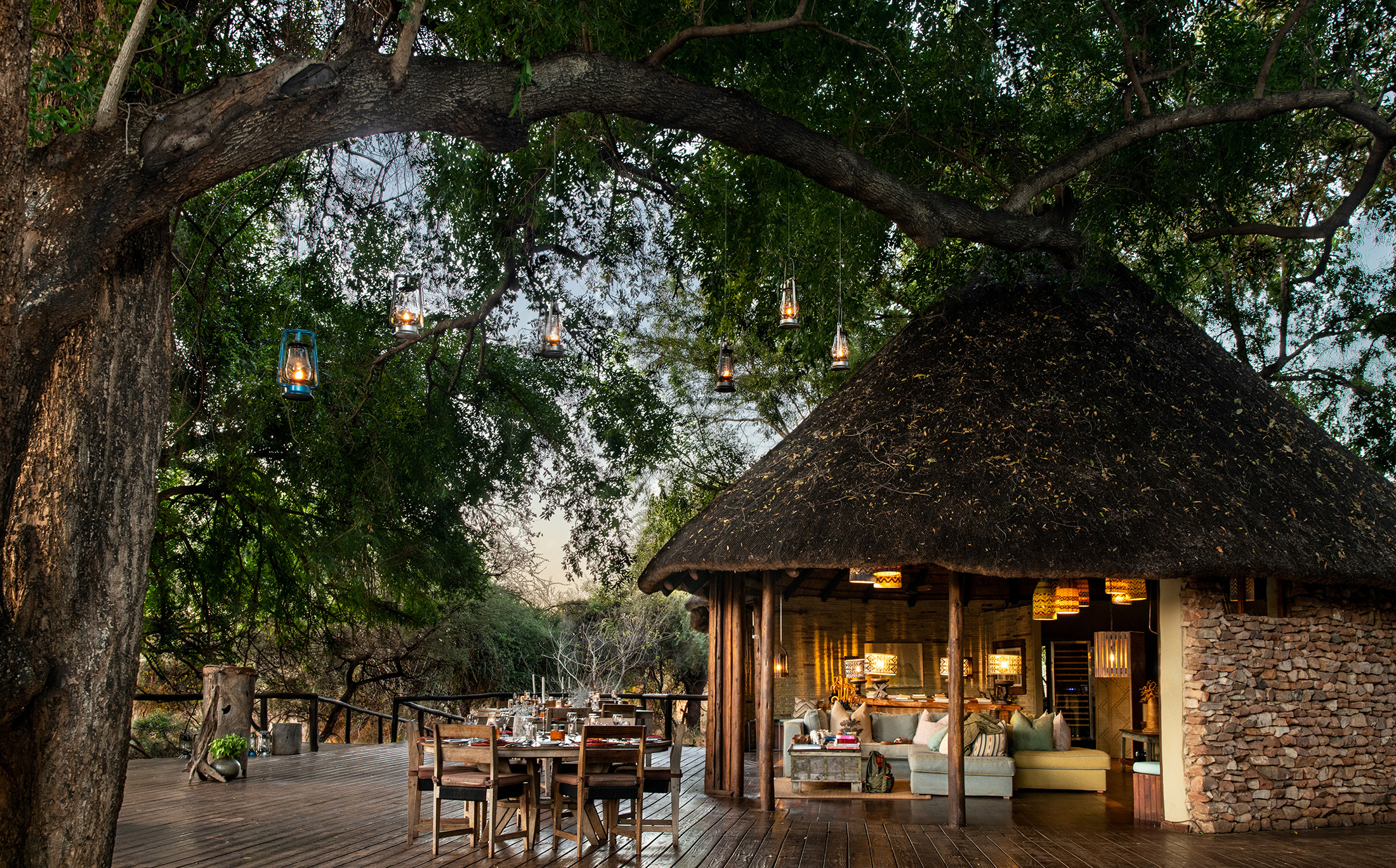The study analysed three key data points: how often reviewers called the city romantic, how many couples’ activities are listed and how frequently the hashtag #datenight[city] appeared on Instagram.
London clinched the top spot (yes, surprisingly ahead of Rome and Paris), followed by New York, Miami, Toronto and Rome. Seven European cities, including Barcelona, Lisbon and Prague, made the top 25. Among this crew of romantic heavy hitters, Cape Town stands out as the only African destination to make the cut.
What does something like this mean for Cape Town’s economy? Is there money to be made from being thought of as a romantic destination? To answer that we need to take a closer look at the honeymoon economy.
The high-value travel sector everyone wants in on
In 2024, the global honeymoon tourism market was valued at $131.56-billion. It is projected to grow at 6.6% CAGR through to 2030. A lot of this growth has to do with the way travellers view honeymoons as different from other kinds of holidays. For context, North American honeymooners spend an average of $4,466 per trip – that’s three times more than a typical US family holiday. Driven by the belief that a honeymoon is a “once-in-a-lifetime” occasion, people clearly become more willing to splurge.
 The mountains and a river in the Eastern Cape near the Lesotho border. (Photo: Nick Helme)
The mountains and a river in the Eastern Cape near the Lesotho border. (Photo: Nick Helme)
Younger generations, especially millennials and Gen Zs, are driving this trend. They’re marrying later, spending less on traditional weddings and redirecting that budget into meaningful experiences, often in far-flung, carefully curated destinations. Travel, for them, is a form of self-expression. And honeymoons are an opportunity to make it unforgettable.
This means that destinations offering more than just a pretty view are winning. The modern honeymooner is looking for rich culture, standout food, immersive nature, wellness, eco-conscious stays and adventure – not just all-inclusive resorts and room service.
Rising economies, rising expectations
As economies like China and India continue to grow (with GDPs rising from $17.66-trillion to $18.53-trillion and $3.57-trillion to $3.94-trillion respectively between 2023 and 2024), disposable income is rising too. With more spending power comes more appetite for luxury travel. In emerging markets a growing middle class is fuelling demand for international honeymoons, private experiences and high-end accommodation.
 Vineyards beneath hills at a farm near Stellenbosch on 13 November 2015. (Photo: Reuters / Mike Hutchings)
Vineyards beneath hills at a farm near Stellenbosch on 13 November 2015. (Photo: Reuters / Mike Hutchings)
Couples in these markets are now part of a global cohort seeking more distinctive, Instagram-worthy experiences, and are willing to pay for them. For tourism-driven economies like South Africa this presents a clear opening.
What honeymooners want in 2025
Gone are the days of a honeymoon meaning nothing more than a week on the beach sipping piña coladas. A growing cohort of modern honeymooners would trade in this vision for meaning, memory and a story worth telling. The market has evolved beyond the standard resort package; today’s couples, especially millennials and Gen Zs, are designing honeymoons that reflect who they are and how they want to experience the world. For them, this particular trip is less about indulgence and more about intentionality.
Cultural connection is high on the list. Honeymooners are actively seeking places that offer a strong sense of local flavour, not just in food, but in music, art and tradition. They want to eat where the locals eat, take part in cultural rituals and return home with stories that go beyond the typical travel brochure. The goal is less relaxation and more immersion.
Sustainability plays a central role too. This is a generation that’s deeply eco-conscious and makes travel decisions with the environment in mind. They’re drawn to green hotels, low-impact tours and conservation initiatives that allow them to give back while they explore. A honeymoon that’s kind to the planet feels more meaningful, and for many, that matters more than a pillow menu.
 Pafuri Camp in the Kruger National Park. (Photo: Bridget Hilton-Barber)
Pafuri Camp in the Kruger National Park. (Photo: Bridget Hilton-Barber)
Wellness is another major driver. After the stress of wedding planning and the emotional build-up to the big day, couples are using their honeymoons to decompress. They may opt for digital detox retreats, private spa getaways, forest immersions and rituals that help them recalibrate. At the same time, adventure remains key. These aren’t passive travellers: they want to hike, surf, dive, paraglide and explore untamed landscapes together. They’re looking for the kind of adrenalin rush that bonds people.
Of course, none of this is complete without the social layer. Modern honeymooners want their trips to look good, not just for themselves, but for their social circles. Destinations that photograph well, offer unique design elements or have a bit of “hidden gem” allure are more likely to be shared, saved and booked. How well their posts perform on Instagram can be thought of as a form of soft validation for the honeymoon spend.
Can South Africa get a bite of the cherry?
While Cape Town may have made it onto the most-romantic-destinations list, South Africa as a whole offers everything that modern honeymooners are looking for and more. From the raw beauty of the Drakensberg to the wine estates of the Western Cape, from KwaZulu-Natal’s surf-friendly coastlines to the safari lodges of Limpopo, the country has the kind of diversity that few destinations can match. The infrastructure is here. The experiences are here. What’s missing is sharper positioning.
If South Africa wants to compete in the global honeymoon economy, it needs to package its offerings with modern travellers in mind. That means not only showcasing Cape Town, but also bringing attention to lesser-known provinces, niche experiences and curated itineraries that speak to the values of the generations currently getting married. The potential is enormous. But it won’t sell itself. DM




 The deck at Pafuri Camp invites the visitor to relax and take in the natural beauty. (Photo: Bridget Hilton-Barber)
The deck at Pafuri Camp invites the visitor to relax and take in the natural beauty. (Photo: Bridget Hilton-Barber)